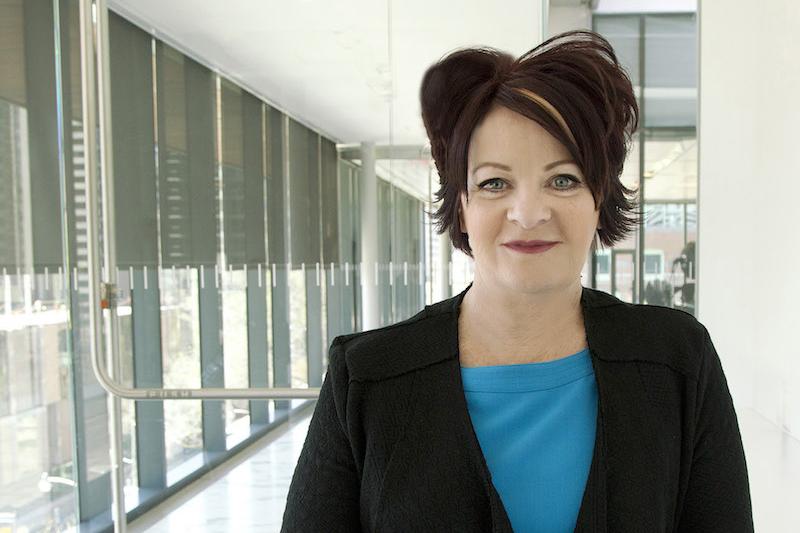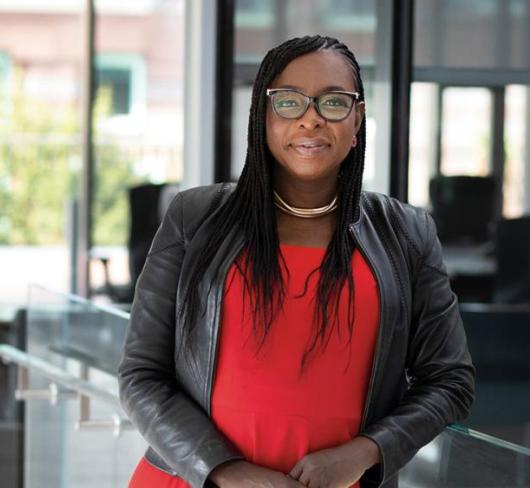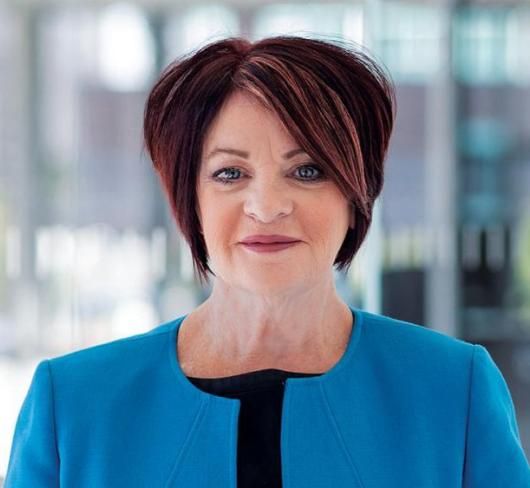
Women's Leadership is Central to the Work of ETFO
In this issue of Voice, Rachelle Bergen talks about an experiment she likes to do with her students that inevitably comes up with a similar result. She asks them to name public figures they admire and listens as they come up with a list of boys and men. Then she asks what all of those people have in common. When her students land on the fact that they are all men they even surprise themselves. Have women not had major accomplishments? How do we ensure that women’s voices are always represented and our stories always part of the broader narrative?
As we worked on this women’s issue of Voice, I thought a lot about the importance of narrative, the stories we tell about ourselves and our social movements. It’s the ways we understand and make history, talk about our successes and take on our challenges. The story of ETFO, and its predecessor women’s union, is in many ways the story of the fight for women and women’s rights, beginning with equal pay for women teachers, fighting for pregnancy and parental leave, later adopted across the province, and ensuring that women’s voices are strong at decision-making tables. Many of ETFO’s accomplishments have been led by women and supported by our allies who recognize that bias and institutional barriers are built into our systems. It is our responsibility as educators and activists to challenge those barriers across intersections of identity.
ETFO has intentionally addressed the intersectionality of gender with race, class, sexual orientation, ability and other factors to ensure diverse member representation in our general and women’s programs and in the leadership opportunities that are available in the union. Our commitment to gender equity is part of our broader, enduring commitment to social justice.
For a union that is made up of 80 percent women members, the drive to create and maintain a voice and place for women has been a foundation of our history and our future. Bringing together the Federation of Women Teachers’ Associations of Ontario (FWTAO) and the Ontario Public School Teachers’ Federation (OPSTF) to form ETFO in 1998 took long, hard negotiations. We had to build a new constitution that worked for all members. Guaranteeing six percent of funding for women’s programs in the Federation’s constitution has been one of our most significant accomplishments.
Our incredible programs and resources are some of the products of this funding. Women’s programs such as Mobilizing for Justice (which trains women to be organizers in their communities and to form networks of solidarities to address systemic issues), … and still we rise (a three-day leadership conference focused on social justice equity and union involvement), Leaders for Tomorrow (a year-long leadership development opportunity for women from designated groups) and Visions (which highlights the development of a feminist and anti-oppression framework, union engagement and participation) are all incredible opportunities for women to get involved, tell their story and become leaders within ETFO. ETFO-developed resources like the Women’s Equality Project (scheduled for release in the 2019/20 school year) tell the stories of women in intersectional ways through curriculum that we can share with our students. Together we shape the future and share the stories we tell about it.
This coming year will take all of our efforts and all of our leadership and skill. If you are not already connected to your local, make that connection and have your voice heard. Women are 80 percent of this union. It is through our efforts that we will affect positive change in Ontario and through our stories that we will inspire and raise the next generation of women activists and women changemakers.
- Sharon O’Halloran

